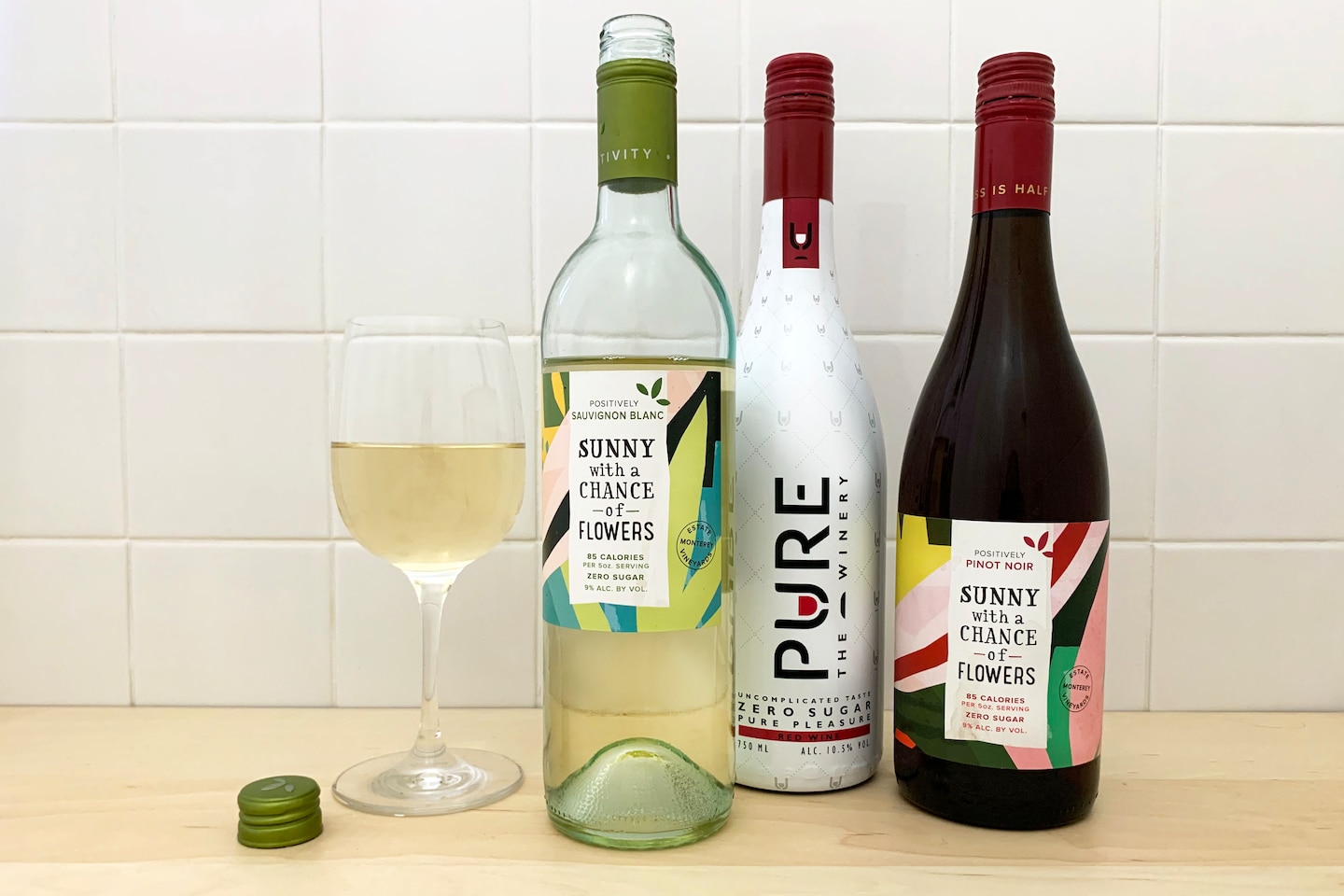Cameron Diaz is selling a ‘clean’ wine, but the term is quite muddy

The visceral response reminded me of how people reacted to “natural” wines and the implication that anything made differently was “unnatural.”
“If drinking wine makes you feel sick by self-diagnosis, a doctor may be needed more than a new wine,” wine writer Thomas Pellechia fulminated on Forbes.com.
“When it comes to clean wines, the only thing being cleaned is your wallet,” huffed Felicity Carter, editor of Meininger’s Wine Business International magazine, in a commentary on TheGuardian.com.
Diaz, explaining the genesis of Avaline to Jimmy Fallon on “The Tonight Show” on July 22, said she and Power frequently found themselves feeling ill after a second glass of wine. “So we asked ourselves, maybe there’s a way to make wine better for us.” In that interview, and on an Instagram post with Power, Diaz spoke of how she learned that wineries are allowed to use more than 70 additives when making wine and how she and Power struggled to find wines made with organic grapes and without the use of pesticides or additives.
“I really, honestly, I thought it was just fermented grapes,” Diaz says.
Most wine is, essentially, just fermented grapes. And, really? In Los Angeles, they couldn’t find sustainable, organic, biodynamic or natural wines?
Despite what Diaz says, wineries are not allowed to add sugar to wine. They can, and some do, sweeten wine with grape concentrates. Americans have a sweet tooth, after all. Most additives, such as powdered tannins or enzymes that aid fermentation, are natural and benign. Others, like Velcorin, a chemical used to eliminate bacterial faults, are more controversial.
From her interviews and social media posts, as well as the Avaline website, it seems Diaz’s concept of a “clean” wine is simply one made from organic grapes grown without synthetic pesticides and “minimally intervened” in the winery without added sweeteners or chemicals. There are hundreds if not thousands of wines that fit this description — just stay away from cheap, industrial wines and look for family labels.
But the backlash against Diaz and Avaline misses a broader point. This is not the first wine to advertise itself as “clean.” FitVine Wine, a California brand launched a few years ago, boasts “cleaner” wines for a healthy, active lifestyle. What’s clean and healthy? “Extended fermentation,” so the wine is dry without residual sugar, and “triple filtration” to make the wine “gluten free and vegan friendly,” according to the FitVine website.
Wine is gluten-free, and many are vegan, if made without using animal products such as egg whites to remove extraneous matter. Filtration has nothing to do with that, and many winemakers would say that running a wine through cross-flow filtration three times would strip all the flavor from it.
More wines are claiming to be good for you. A new label called Pure the Winery boasts that its wines are zero sugar, zero carbohydrates and “pure pleasure” with an “uncomplicated taste.” (Last I heard, complexity was a virtue in wine.) Pure the Winery is not to be confused with PureWine, which is apparently a magic wand you swirl in your glass to remove impurities and ward off wine headaches, all while you purchase a bridge in Brooklyn.
Scheid Family Wines in California’s Monterey County has just introduced a line of low-alcohol wines called Sunny with a Chance of Flowers. They take some of their estate wine and remove the alcohol by a proprietary process based on reverse osmosis, then blend it back with the rest of the wine to make a final product that’s about 9 percent alcohol, rather than 13 percent.
Heidi Scheid told me her family developed the Sunny wines as a response to hard seltzer and the market demand for low-alcohol beverages. Sunny wines are labeled as zero sugar, allowed if the wine has less than 0.5 grams of sugar per 5-ounce serving. They are also about 85 calories per serving, compared to 110-120 calories for most wines in the 13-14 percent alcohol range.
We’ve been making health claims about wine since biblical times. “Drink no longer water, but use a little wine for thy stomach’s sake, and thine other infirmities,” Paul wrote to Timothy. My generation has been gulping red wine as heart medicine ever since the 1991 “60 Minutes” episode on the “French Paradox.”
So, claims of “clean” or “pure” wine are nothing new. They reflect our current attention on farm-to-table, organic produce and heritage breeds of meat.
Avaline, FitVine and Pure the Winery — and others like them — are able to argue they are better for us because wine is not required to disclose its ingredients or nutrition information on its label, the way other food products are. We will explore that issue next week.






